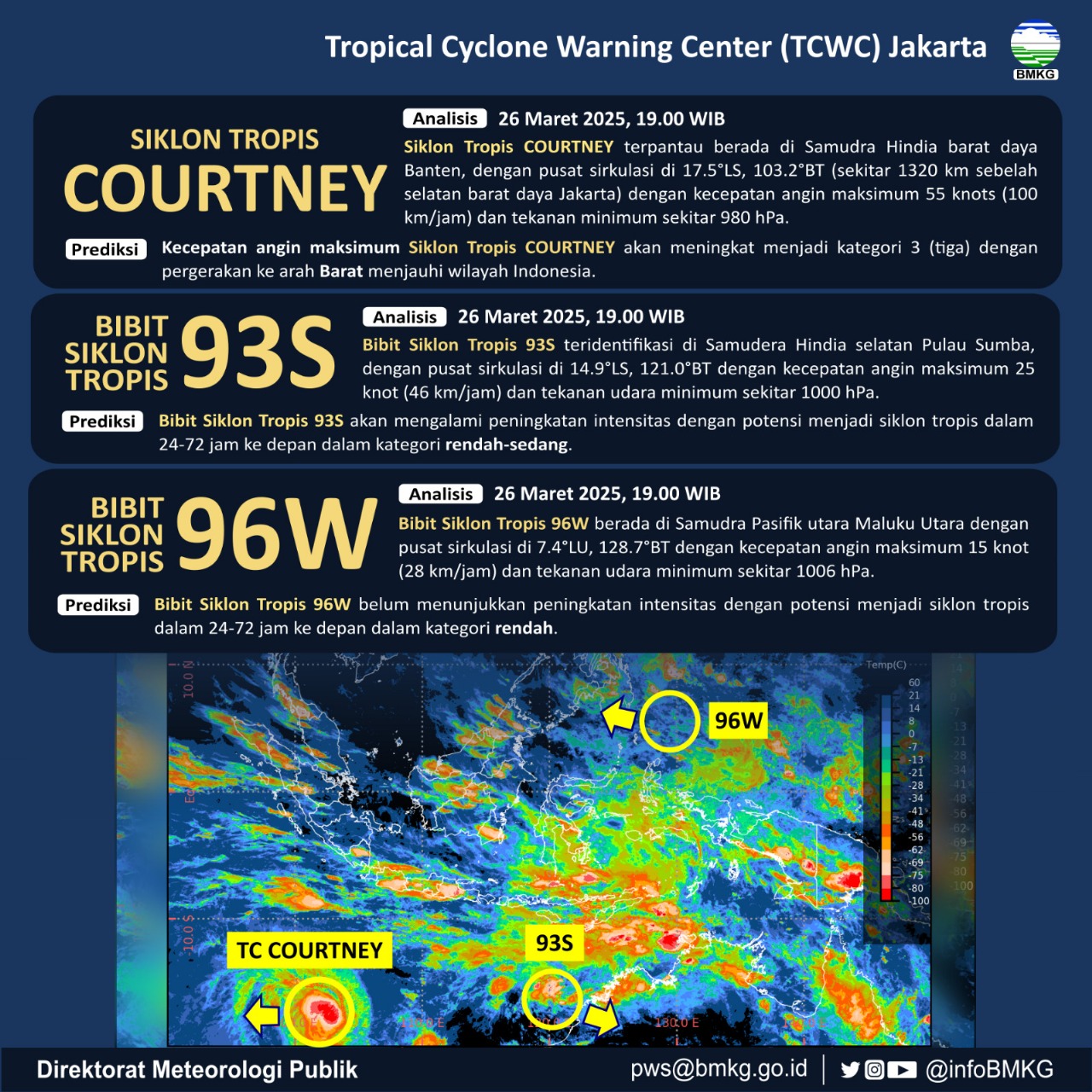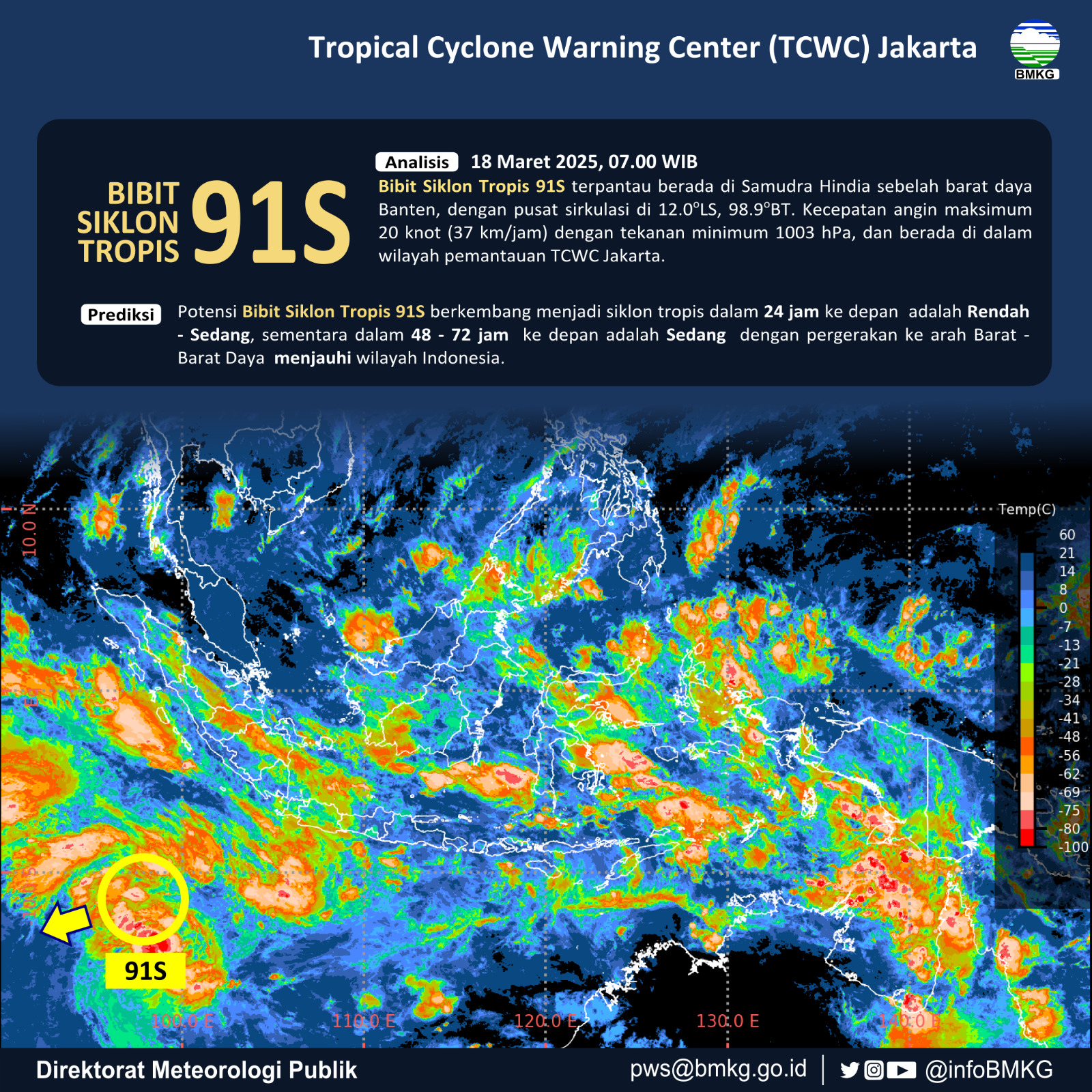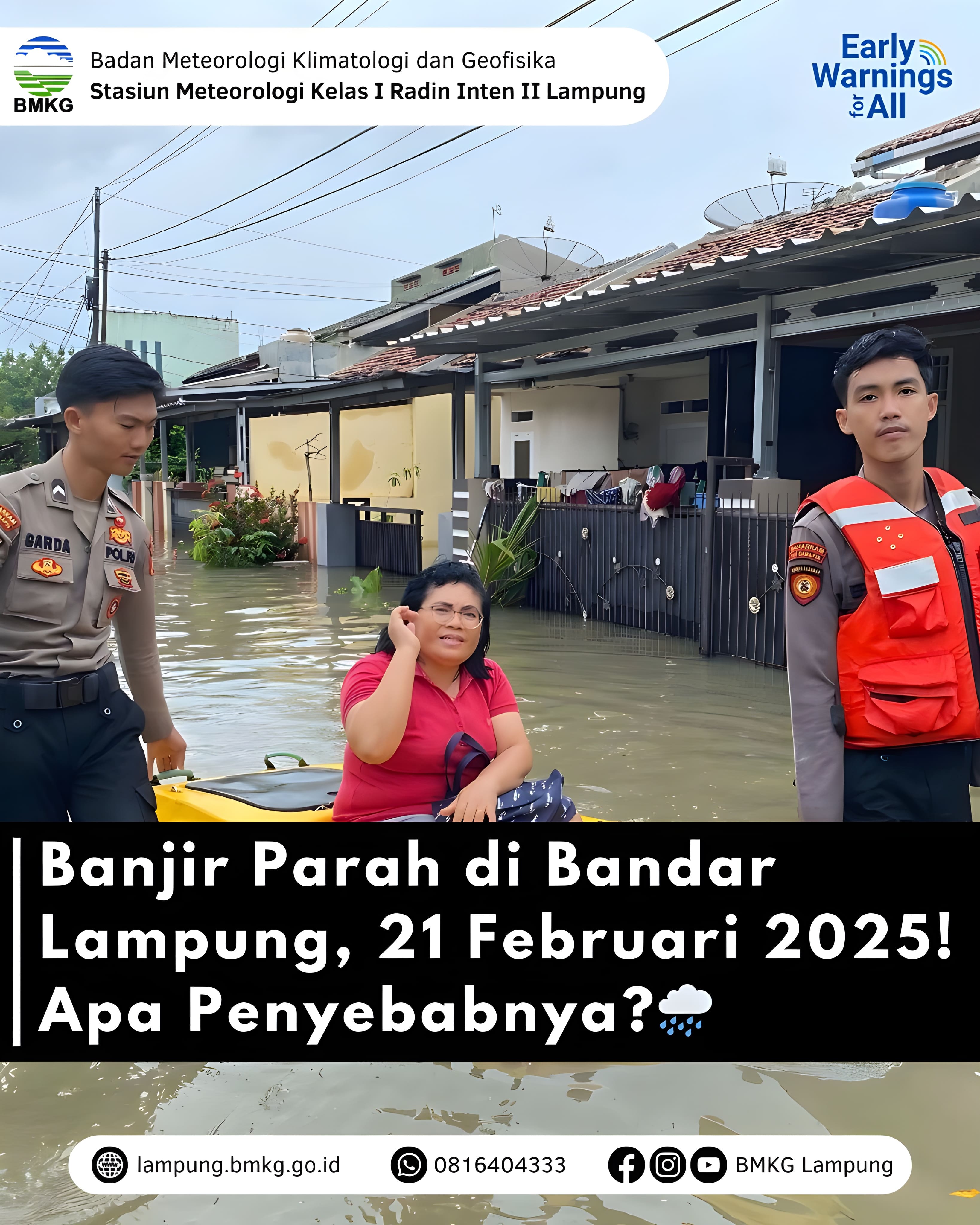Cepat, Tepat, Akurat, Luas, dan Mudah Dipahami
Penulis : M Devid Alam Carnegie,Chairani
One of the impacts of the threat caused by heavy rain is flooding, which can have negative effects on human life. There are many factors that contribute to heavy rain, and predicting the intensity of rainfall issued by BMKG (Meteorology, Climatology, and Geophysics Agency) is an initial solution for planning and taking actions to mitigate the impacts of natural disasters. Machine learning methods can be used to predict weather parameters, especially time series rainfall. Deep learning, a branch of machine learning that can understand patterns and make weather parameter predictions with high accuracy, includes several algorithms commonly used for analyzing and predicting weather parameters, namely Long Short-Term Memory (LSTM) and Gated Recurrent Unit (GRU). This research aims to compare both algorithms and determine which one performs best in predicting rainfall at the North Lampung Geophysics Station. From the evaluation results with RMSE (Root Mean Square Error) value of 16.81, MSE (Mean Square Error) value of 282.55, and MAD (Mean Absolute Deviation) value of 10.43, it is known that the LSTM model 1 with a dataset split of 7:3 has the best performance in predicting rainfall. As for the rain prediction, the GRU model 1 with a dataset split of 7:3 performs best with an accuracy value of 62%, precision of 58%, recall of 66%, and f1score of 62%.
 Musim Kemarau Sebentar Lagi! Waspada Cuaca Ekstrem Saat Pancaroba!
30 Mar 2025
Musim Kemarau Sebentar Lagi! Waspada Cuaca Ekstrem Saat Pancaroba!
30 Mar 2025
 SIKLON TROPIS COURTNEY & BIBIT SIKLON 93S AKTIF DI SAMUDERA HINDIA: WASPADA GELOMBANG TINGGI DI PERAIRAN LAMPUNG!
27 Mar 2025
SIKLON TROPIS COURTNEY & BIBIT SIKLON 93S AKTIF DI SAMUDERA HINDIA: WASPADA GELOMBANG TINGGI DI PERAIRAN LAMPUNG!
27 Mar 2025
 Bibit Siklon Tropis Masih Mengintai, Lampung Berpotensi Diguyur Hujan Lebat & Gelombang Tinggi!
18 Mar 2025
Bibit Siklon Tropis Masih Mengintai, Lampung Berpotensi Diguyur Hujan Lebat & Gelombang Tinggi!
18 Mar 2025
 APA SAJA YANG BISA MENYEBABKAN PESAWAT TIDAK BISA MENDARAT?
01 Mar 2025
APA SAJA YANG BISA MENYEBABKAN PESAWAT TIDAK BISA MENDARAT?
01 Mar 2025
 Hujan 160mm dalam Sehari, Kota Bandar Lampung Tak Lagi Mampu Menampung!
25 Feb 2025
Hujan 160mm dalam Sehari, Kota Bandar Lampung Tak Lagi Mampu Menampung!
25 Feb 2025
© 2020 - 2025 BMKG - Provinsi Lampung | Developed by Asenookei
Version 5.02 (beta)